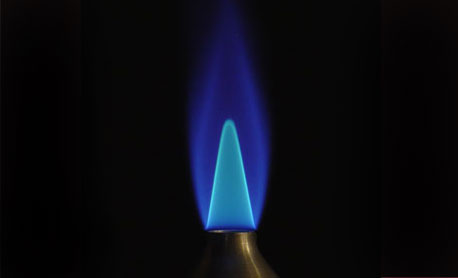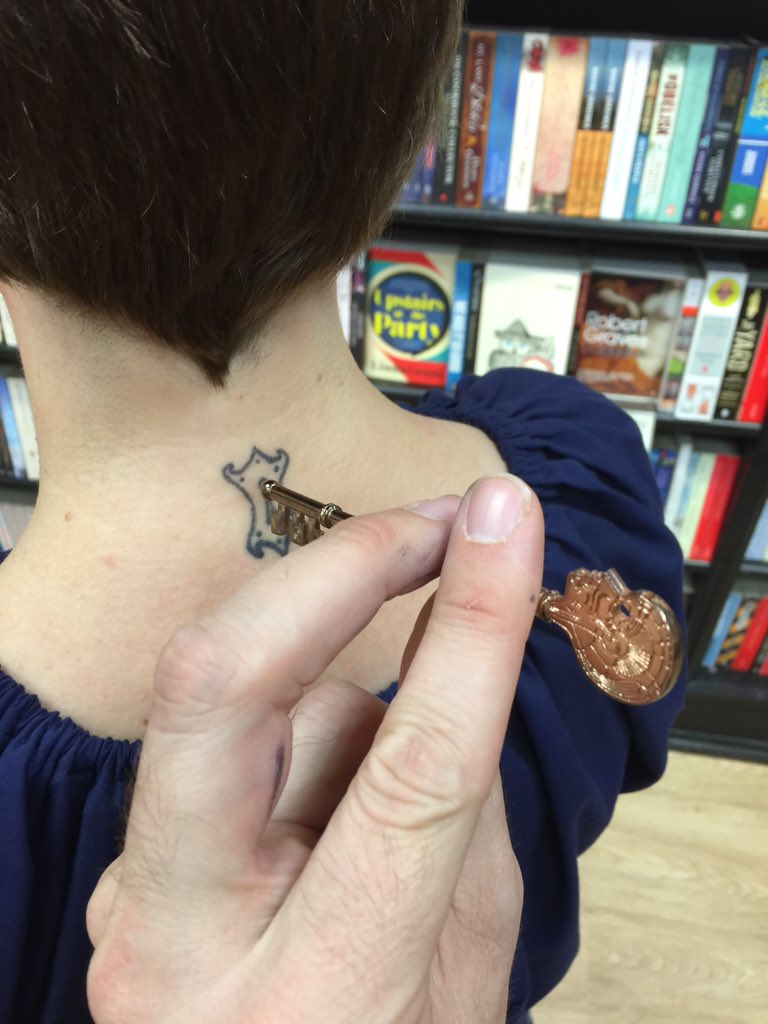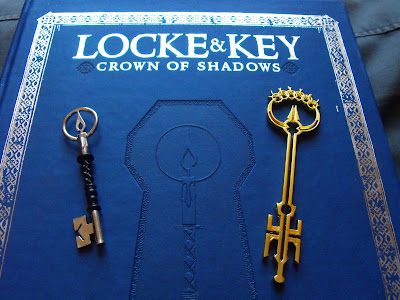I am starting with Binnorie because for me it was the original source material. I remember very clearly when I first read the poem. This was back in 1981-82 when English classes had "readers"--a book with a collection of poems, stories and excerpts from larger works that also had follow up questions and quizzes. I am assuming schools still have this sort of thing, but they are probably modern and dumbed down. All I know is the ones from the 1980's (which were undoubtedly books left over from the 1970's) were full of interesting, challenging tales.
I recall the feeling I had as I read it. The prickles on the back of neck and the ever dawning realisation that the bad sister was not going to get away with it. I fell in love, then and there, with the romance of the ballad. I adored the ballad form itself--while others were annoyed at the repetitive refrain, I loved it. It gave you a sense of structure and made it feel quite old. I now know that it actually was really old, not just a modern poem copying the old style. I also was fascinated by the bit where she is turned into a harp. Was she really transformed into a swan or was she just so beautiful and elegant that she was merely mistaken for one? I have subsequently done a bit of research on this and there is a whole "swan maiden" genre about women transformed or mistaken for swans in literature. How long had she been dead when she was made into the harp? How did the harp play? Did it sing with her voice? What happened to the sister? Was she punished and if so how?
I think the only thing I did not love was the ending line of "Woe to my sister, false Helen" as it didn't seem to have enough zing for me, if you know what I mean. It felt like a Scooby Doo sort of ending. You know like this:
Ghost: Woe to my sister, false Helen! Wooooo!
Velma: Jinkies! it was the evil sister!
Here you can listen to Custer LaRue singing a version of this ballad. I have provided the lyrics at the bottom in case you want to follow along. The sound quality is a bit low, so make sure you turn your volume up.
So here is how it breaks down as compared to other versions:
Name of ballad: Binnorie
Performed by: Custer LaRue
Refrain:
Binnorie, O Binnorie
By
the Bonnie mill-dams of Binnorie
Number of sisters: two
Where did they live: in a bower
Appearance described as: younger sister has a lily white
hand and yellow hair. Older sister not described
Sweetheart: a knight
who courted the oldest with gifts but loved the youngest
Excuse to go to the water: “To see our father’s ships to
land”
Body of water: river strand
Does it include the line “Sometimes she sank, sometimes she swam”: yes
Miller and child: yes. Miller and his daughter
Mistaken for: mermaid or milk white swan
Described in death: golden girdle, gold and pearls
Who finds her on the bank: a famous harper
Instrument she becomes: harp
Body parts used: breastbone, yellow hair
Would her song “melt a heart of stone”: yes Do the strings sing individually: no
What does the instrument sing: O
Yonder sits my father, the king
And yonder sits my mother, the queen
And yonder sits my mother, the queen
And
yonder stands my brother Hugh
And by him my William, sweet and true But the last tune that the harp did play
And by him my William, sweet and true But the last tune that the harp did play
Was ' Woe to my sister, false Helen.'
Is the sister punished: doesn’t say
Here are the lyrics so you can follow along if you wish. I have eliminated the refrain so it won't be so long
There were twa sisters sat in a bower;
There came a knight to be their wooer.
He courted the eldest with glove and ring,
But he lo'ed the youngest aboon a' thing.
The eldest she was vex-ed sair,
And sore envied her sister fair.
The eldest said to the youngest ane,
Go and see our father's ships come in
She's ta'en her by her lily hand,
And led her down to the river strand.
The youngest stood upon a stane,
The eldest came and pushed her in.
'O sister, sister, reach your hand,
And ye shall be heir o' half my land.'
'O sister, I'll not reach my hand,
And I'll be heir of all your land.'
'O sister, reach me but your glove,
And sweet William shall be your love.'
'Sink on, nor hope for hand or glove,
Sweet William shall better be my love.'
Sometimes she sunk, and sometimes she swam,
Until she came to the miller's dam.
The miller's daughter was baking bread
And gave her water as she had need.
'O father, father, draw your dam,
There's either a mermaid or a milk-white swan.'
The miller hasted and drew his dam,
And there he found a drowned woman.
Ye could not see her yellow hair,
For gowd and pearls that were sae rare.
There came a knight to be their wooer.
He courted the eldest with glove and ring,
But he lo'ed the youngest aboon a' thing.
The eldest she was vex-ed sair,
And sore envied her sister fair.
The eldest said to the youngest ane,
Go and see our father's ships come in
She's ta'en her by her lily hand,
And led her down to the river strand.
The youngest stood upon a stane,
The eldest came and pushed her in.
'O sister, sister, reach your hand,
And ye shall be heir o' half my land.'
'O sister, I'll not reach my hand,
And I'll be heir of all your land.'
'O sister, reach me but your glove,
And sweet William shall be your love.'
'Sink on, nor hope for hand or glove,
Sweet William shall better be my love.'
Sometimes she sunk, and sometimes she swam,
Until she came to the miller's dam.
The miller's daughter was baking bread
And gave her water as she had need.
'O father, father, draw your dam,
There's either a mermaid or a milk-white swan.'
The miller hasted and drew his dam,
And there he found a drowned woman.
Ye could not see her yellow hair,
For gowd and pearls that were sae rare.
Ye could not see her middle sma
Her gowden girdle were sa bra.
Ye could not see her lily feet
Her gowden fringes were so deep.
A famous harper passing by,
The sweet pale face he chanced to spy.
And when he looked that ladye on,
He sighed and made a heavy moan.
He made a harp o' her breast-bone,
Whose sounds would melt a heart of stone.
The strings he framed of her yellow hair,
There notes made sad the listening ear.
He brought it to her father's hall,
There was the court assembled all.
He laid the harp upon a stone,
And straight it began to play alone.
'O yonder sits my father, the king,
And yonder sits my mother, the queen.'
'And yonder stands my brother Hugh,
And by him my William, sweet and true.'
But the last tune that the harp played then,
Binnorie, O Binnorie
Was 'Woe to my sister, false Helen!'
By the bonny mill-dams of Binnorie
And when he looked that ladye on,
He sighed and made a heavy moan.
He made a harp o' her breast-bone,
Whose sounds would melt a heart of stone.
The strings he framed of her yellow hair,
There notes made sad the listening ear.
He brought it to her father's hall,
There was the court assembled all.
He laid the harp upon a stone,
And straight it began to play alone.
'O yonder sits my father, the king,
And yonder sits my mother, the queen.'
'And yonder stands my brother Hugh,
And by him my William, sweet and true.'
But the last tune that the harp played then,
Binnorie, O Binnorie
Was 'Woe to my sister, false Helen!'
By the bonny mill-dams of Binnorie
So that's it for Version one of The Twa Sisters. Stay tuned next Monday for Version two.
























